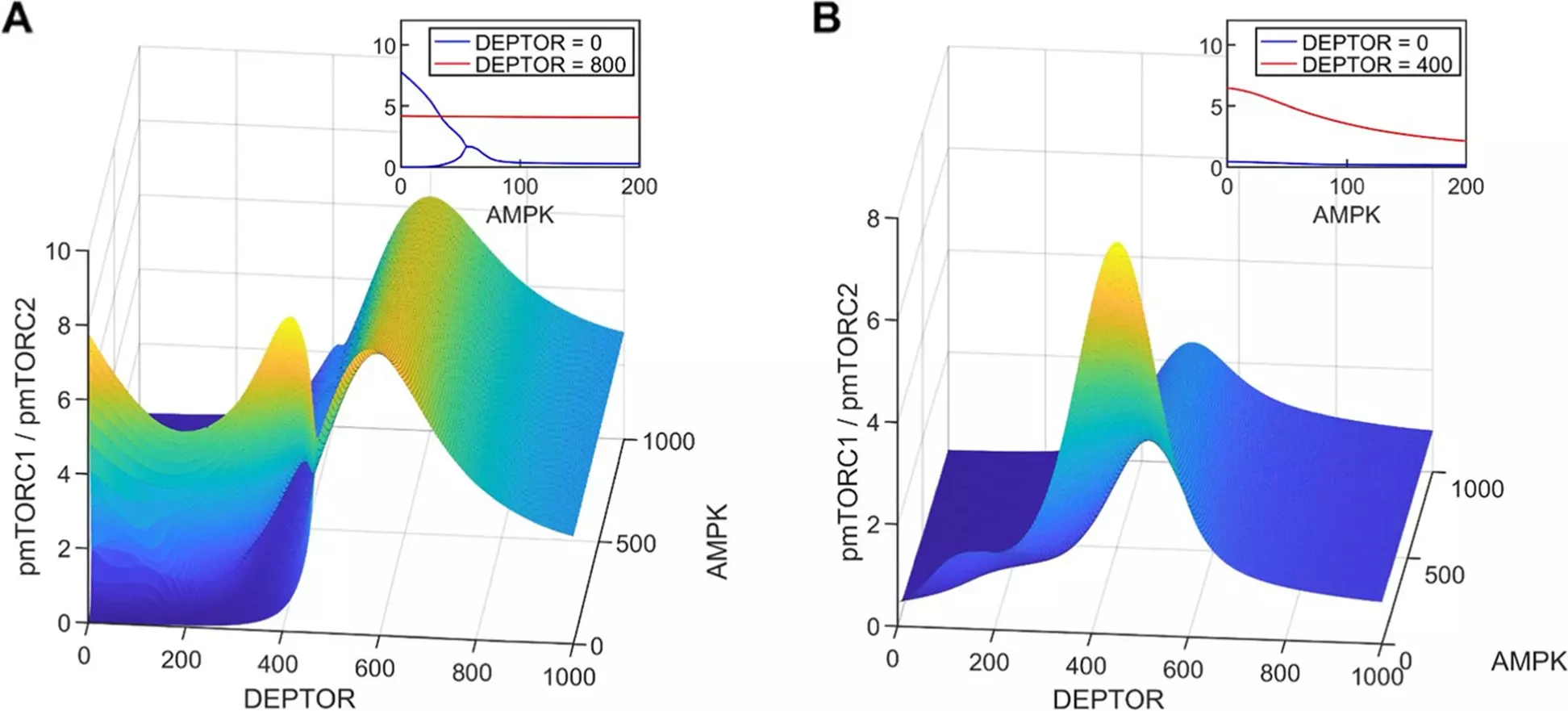

Canadian computer simulation study shows Cancer wonder drug could backfire in some patients.
<p>
Using computer drug simulations, researchers in Canada have found that wonder drug metformin used to treat cancer may actually have the opposite effect in the case of some cancers.</p>
<p>
Doctors, therefore, need to be wary of prescribing a particular treatment for all types of cancer and patients, concludes the peer-reviewed study published in the&nbsp; BioMed Central Cancer&nbsp; journal.&nbsp;</p>
<p>
The drug, called metformin, has traditionally been prescribed for diabetes but has been used in clinical settings as a cancer treatment in recent years.</p>
<p>
The researchers say while metformin shows great promise, it also has negative consequences for some types of cancers.</p>
<p>
&ldquo;Metformin is a wonder drug, and we are just beginning to understand all its possible benefits,&rdquo; said Mehrshad Sadria, a PhD candidate in applied mathematics at the University of Waterloo. &ldquo;Doctors need to examine the value of the drug on a case-by-case basis, because for some cancers and some patient profiles, it may actually have the opposite of the intended effect by protecting tumour cells against stress.&rdquo;</p>
<p>
The computer-simulated treatments use models that replicate both the drug and the cancerous cells in a virtual environment. Such models can give clinical trials in humans a considerable head-start and can provide insights to medical practitioners that would take much longer to be discovered in the field.</p>
<p>
&ldquo;In clinical settings, drugs can sometimes be prescribed in a trial and error manner,&rdquo; said Anita Layton, professor of applied mathematics and Canada 150 Research Chair in mathematical biology and medicine at Waterloo. &ldquo;Our mathematical models help accelerate clinical trials and remove some of the guesswork. What we see with this drug is that it can do a lot of good but needs more study.&rdquo;</p>
<p>
The researchers say their work shows the importance of precision medicine when considering the use of metformin for cancer and other diseases. Precision medicine is an approach that assumes each patient requires individualized medical assessment and treatment.</p>
<p>
&ldquo;Diseases and treatments are complicated,&rdquo; Sadria explained. &ldquo;Everything about the patient matters, and even small differences can have a big impact on the effect of a drug, such as age, gender, genetic and epigenetic profiles. All these things are important and can affect a patient&rsquo;s drug outcome. In addition, no one drug works for everyone, so doctors need to take a close look at each patient when considering treatments like metformin.&rdquo;</p>
<p>
Sadria, Layton and co-author Deokhwa Seo&rsquo;s&nbsp;<a href="https://bmccancer.biomedcentral.com/articles/10.1186/s12885-022-09211-1">paper</a>&nbsp;was published in the journal BioMed Central Cancer.</p>
Taiwan detected one sortie of Chinese aircraft, eight Chinese vessels and one official ship until…
Baloch activist Mahan Baloch delivered a powerful intervention that shed light on the ongoing human…
Prime Minister Narendra Modi spoke with the Myanmar military junta chief, Min Aung Hlaing, and…
The United Nations Human Rights Council (UNHRC) witnessed a strong intervention from Jamil Maqsood, the…
Union Home Minister Amit Shah on Saturday hailed the success of security forces in a…
India has launched 'Operation Brahma' to support earthquake-impacted Myanmar. Indian Air Force C-130 J aircraft…